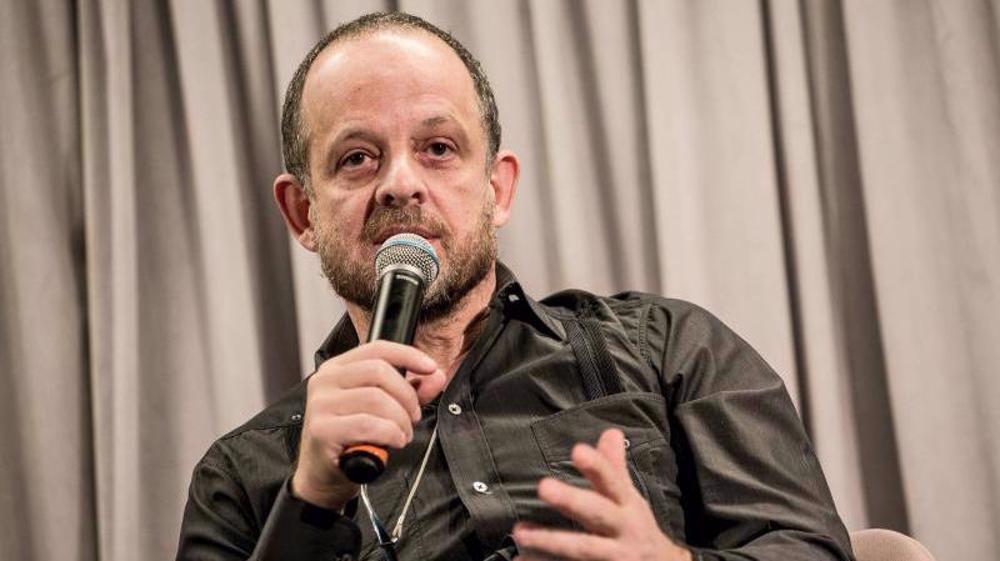Brazil's army sends troops to streets of Rio de Janeiro
Brazil's Defense Ministry has dispatched troops into the streets of Rio de Janeiro to maintain security as the country's second largest city prepares for a mass carnival amid anti-austerity protests and low morale among police.
"From this moment, the defense ministry is mobilizing troops," said the ministry in a statement issued late Monday as troops began deploying in the city.
On Tuesday, President Michel Temer issued a decree, saying that the army deployment in Rio de Janeiro's metropolitan area would be allowed until February 22, one week before the city ends its carnival season, a period during which street parties take place every day.
Rio de Janeiro's Governor Luiz Fernando Pezao had requested authorization for the army’s policing of the entire Rio state until March 5.
Defense Minister Raul Jungmann was to give more details about the scope of the deployment later on Tuesday.

People have staged crippling protests in various Brazilian cities over the past weeks, demanding a halt to government austerity measures. Relatives of police officers have also camped outside stations in protest at conditions and late payment of salaries. Some families continued an attempt to blockade several stations in Rio on Tuesday.
Police officers are constitutionally barred from holding strikes or protests, but there were fears that officers could stage a walkout and cause serious disruptions such as the one that crippled the neighboring Espirito Santo state.
Troops replaced the striking officers in the state but Temer warned that he would not tolerate any new disruption, saying it would be "an insurgency against the constitution."
Rio has also seen mass protests over the planned privatization of the state water utility. Organizers have announced plans for similar protests this week while riots are expected during state legislature votes on austerity measures.
Brazil normally uses troops to police cities as the country is struggling to contain crimes and rising popular discontent with austerity.
At least 19 Gazans killed by Israeli airstrikes since dawn: Medics
Leader: Iran has no proxy forces in West Asia
US fighter aircraft shot down ‘in friendly fire’ amid aggression on Yemen
Yemeni FM: Israel’s sponsors accountable for ongoing aggression on Sana’a
Eight Palestinians killed as Israel attacks Gaza school, hospitals
VIDEO | Rome, Milan host new protests in solidarity with Palestinians
Dec. 21: ‘Axis of Resistance’ operations against Israeli occupation
Spain jurists demand ties with Israel ties be cut










 This makes it easy to access the Press TV website
This makes it easy to access the Press TV website